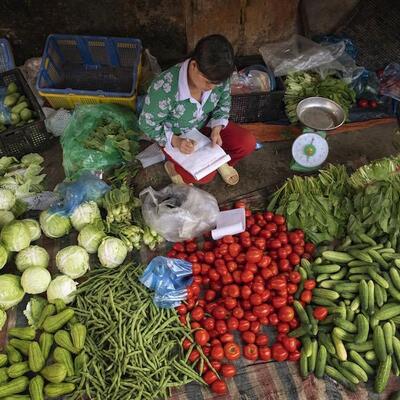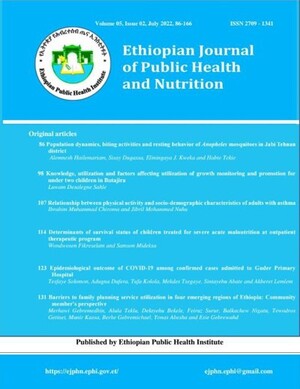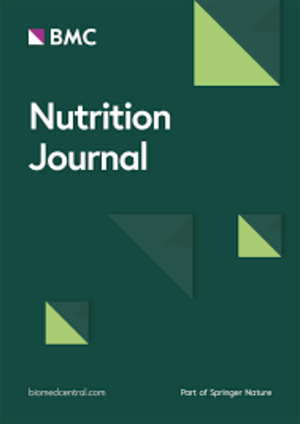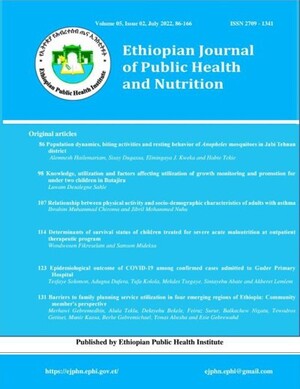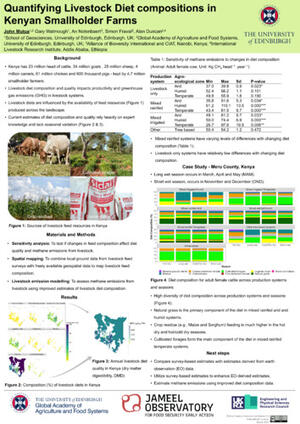
Social and behaviour change improves milk consumption for Rwanda’s children
 A community health worker at one of the counselling visits to pregnant and lactating women with children under five years of age (photo credit: Three Stones International).
A community health worker at one of the counselling visits to pregnant and lactating women with children under five years of age (photo credit: Three Stones International).
The level of chronic malnutrition among children in Rwanda remains high. Only 30% of children aged 6-23 months consume a diet that meets the minimum dietary diversity requirements, while just 47% achieve minimum meal frequency. Furthermore, 38% of children under five years are stunted according to the National Institute of Statistics of Rwanda.
Under the Feed the Future Innovations Labs for Livestock Systems research project, the ‘Enhancing milk quality and consumption for improved income and nutrition in Rwanda’ project has been working to improve child nutrition in the country through the ‘Gabura Amata Mubyeyi’ (which means ‘parents, give milk’) intervention. The intervention focuses on using social behavioural change communication to promote animal-source foods consumption, particularly the drinking of milk among ‘Girinka’ households.
Three Stones International, the International Livestock Research Institute (ILRI) and Research Triangle International (RTI), liaised with the nationally appointed officers and technical working groups for approval of the developed messages, images and counselling cards. They were also shared with the team tasked with updating the nationwide counselling package used by community health workers. This approach allowed for integration of the intervention counselling cards into the existing national maternal and child nutrition (MIYCN) programs and related activities implemented by community health workers.
The ‘Gabura Amata Mubyeyi’ intervention was implemented between February and September 2019, reaching about 3,500 mothers in Ruhango and Nyabihu districts on average per month. Social behaviour change communication intervention materials intended to improve animal-source foods consumption were designed in collaboration with Rwanda’s National Early Childhood Development Program, which coordinates nutrition activities in the country. The materials consisted of five counselling cards, one poster, and one brochure translated into Kinyarwanda for effective language reach to the locals.
A counselling card specifically dedicated to the promotion of animal-source foods did not exist in the previous national MIYCN counselling package, which was developed in 2011. Revised national counselling cards were developed with a message titled ‘Your baby needs animal-source foods’ during stakeholder design workshops in which Three Stones International, the project implementing partner, shared the tested messages from the Gabura Amata Mubyeyi intervention, promoting animal-source foods for young children. These updated counselling cards were validated at the national level through the National Child Development Agency and have now been adopted into the national community health workers curriculum.
 One of the newly developed counselling cards promoting animal-source food consumption (photo credit:
One of the newly developed counselling cards promoting animal-source food consumption (photo credit:
National MIYCN counseling cards).
Much debate between the project team and stakeholders went into the discussion on the appropriate time to introduce cow’s milk to young children, before it was agreed to continue emphasizing that cow’s milk be started at 12 months. Specific messages on this and the importance of hygiene, safe handling and storage of fresh cow’s milk were also developed.
The intervention counselling cards were designed with culturally appropriate messages and images targeting the pregnant and lactating women with children under five years of age. Their key messages focus on: 1) the importance and benefits of animal-source foods and milk consumption; 2) the appropriate quantities of animal-source foods and cow’s milk to be consumed by pregnant and lactating women and young children; 3) the appropriate time to introduce cow’s milk and animal-source foods to young children; 4) recognizing cow’s milk allergy or animal-source food intolerance symptoms and treatment; and 5) the importance of hygiene, food safety and storage of fresh milk. The key messages, images and counselling cards were also developed with a gender sensitive lens that promotes the inclusion of mothers, fathers and caregivers in the initiative and translated into Kinyarwanda.
 A counselling card depicting both men and women participating in feeding their children (photo credit: Three Stones International).
A counselling card depicting both men and women participating in feeding their children (photo credit: Three Stones International).
From the selected model families of the Gabura Amata Mubyeyi intervention, it was evident that inclusion of men in the counselling card images showing them engaging in child nutrition activities led to positive behaviour changes at home. The inclusion of husbands in nutrition education sessions led to greater understanding of the importance of animal-source foods and mothers found it easier to discuss their household nutritional needs and priorities with their husbands. The men too were delighted to acquire new knowledge.
Following the successes registered in the course of the project, behaviour change messaging targeting mothers, fathers and caregivers has emerged as a key means to increase animal-source food consumption, especially milk, at the household and community level. Communicating compelling messages that promote the consumption of animal-source food through various channels (interpersonal and print) results in behaviour change that increases diet diversity and reduces child stunting.
See more on the Feed the Future Innovations Lab for Livestock Systems project here and here.
Visit the Rwanda National Early Childhood Development Program website here.








